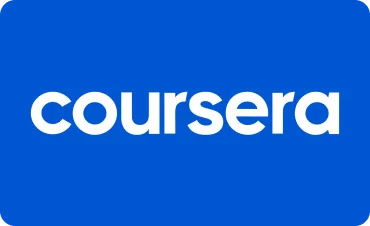When you enroll through our links, we may earn a small commission—at no extra cost to you. This helps keep our platform free and inspires us to add more value.

Food Ethics
Master the Skills of Tomorrow with Coursera! From AI and Blockchain to Public Speaking and Psychology, Explore Courses Tailored for Your Success.

This Course Includes
 coursera
coursera 4.8 (37 reviews )
4.8 (37 reviews ) 47 hours
47 hours  english
english Online - Self Paced
Online - Self Paced course
course Princeton University
Princeton University
About Food Ethics
We are what we eat--morally as well as molecularly. So how should concerns about animals, workers, the environment, and community inform our food choices? Can we develop viable foodways for growing populations while respecting race, ethnic, and religious differences? What does food justice look like in a global industrial food system where there are massive differences in resources, education, and food security? The main goal of this course is not to prescribe answers to these questions but to give students the tools required to reflect on them effectively. These tools include a knowledge of four leading ethical theories and a grasp of key empirical issues regarding food production, distribution, and consumption.
What You Will Learn?
- First Dish: Utilitarianism and Animal Agriculture (and a Side of Beef!) Second Dish: From Utilitarianism to Kantianism (and a Side of Alternative Meat!) Third Dish: God, Virtue, and some Non-Western Approaches (and a Side of Food Psychology!) Fourth Dish: Food Justice, Race, and Diet-Related Disease (and a Side of Justice for Farmworkers!) Fifth Dish: The "Ithaca-Hopewell" Model (and a Side of New Jersey Choices!) Food Politics plus a Doggie Bag of Difference-Making (and a Side of Organic!).